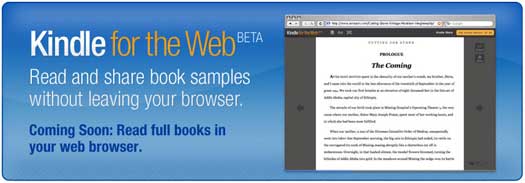Connected TV isn’t a new concept anymore, but it’s about to get way more interesting, courtesy of Google TV. WebProNews was there for the unveiling of the product at Google I/O back in May, and having seen it in person, I can tell you it’s pretty cool.
Will Google change the web or is it just a bunch of hype? Tell us what you think.
Google TV may have a much bigger impact on the web than a lot of people realize at this point. Here are a few reasons why I think this to be the case.
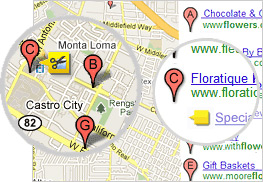 1. Google TV is Huge for Local Business
1. Google TV is Huge for Local Business
Google is good at geo-targeting advertising. People turn to Google more and more to look up local business info. Google is placing search at arguably the best place to reach a person in their home – the TV. Connect the dots.
2. Google TV is Huge for E-Commerce
Google TV puts the entire web at the fingertips of TV watchers all the time. Mobile does the same, but now the web is even more front and center in the viewer’s attention. Anytime a user sees a commercial for some item or hears something mentioned in a TV show, they can easily flip over to the web, find it and buy it without leaving their couch. Even if their phone is charging in the other room, they have immediate access.
3. Google TV is Huge for Online Video
Google TV will make it so much easier for TV viewers to flip channels outside of what their cable/satellite provider offers. Nothing on TV? Oh well, there are billions of things to watch online. Google TV even goes out of its way to make YouTube a more convenient destination for watching video, and the options certainly aren’t limited to YouTube. One could even envision TV stations coming out with their own paid apps (not unlike newspapers and magazines are currently doing for the iPad).
4. Google TV is Huge for Piracy
One side effect of this is that watching pirated content will be easier and more enticing than ever. This is essentially for the same reasons mentioned above. Those who engage in this activity will be even more tempted from their TVs.
5. Google TV is Huge for Internet Radio
Everybody loves Internet radio. Sites like Pandora, Last.fm, Grooveshark, etc. let users listen to music they are really interested in hearing, rather than being subjected to the same old stuff the traditional radio stations throw at them over and over again (with commercials). Internet radio on the TV is just another hub to tap into these outlets, and likely a better one than the phone in terms of quality. Your TV is probably hooked up with better speakers.
 6. Google TV is Huge for Android
6. Google TV is Huge for Android
The more Google TV catches on, the more people are likely to flock to Android as their mobile OS of choice. People are going to want devices that have as much integration with one another as possible. Plus, Android apps will work on Google TV. It will be easy to use the same apps between devices if both of the devices are running the same OS.
7. Google TV is Huge for Google Search
Google doesn’t need a lot of help in getting search market share at this point, but Bing is doing everything in its power to creep up. Combined with various mobile apps and social media, people sometimes find less reasons to turn to Google for info. Google TV puts Google search a click away on the most important screen in the user’s home.
8. Google TV is Huge for Facebook, Twitter, and Possibly "Google Me"
People are spending a lot of time using social media these days, whether its sharing content, talking to friends, sharing status updates or whatever. They’re doing it while they watch TV. They’re talking about things that are on TV. If they’re not, TV is probably taking up a separate amount of time in their lives, and Google TV will bring it all together.
I’m guessing many Google TV users will be Facebooking and tweeting from their TVs frequently. In fact, this could have pretty big implications for Google’s own "Google Me" social layers. How many ways will Google let users socialize from Google TV? Besides offering the entire web, they can pretty much do anything they want with the interface. This could be a big opportunity for Google to push use of its own social features.
9. Google TV is Huge for News
People like to watch the news on TV. However, having the web on the TV provides instant access to a much greater selection of news sources, which means people will get more personalized news programming tailored to their specific interests. Remember what Google did for print news? Feel free to try out videos.dev.webpronews.com from the TV.
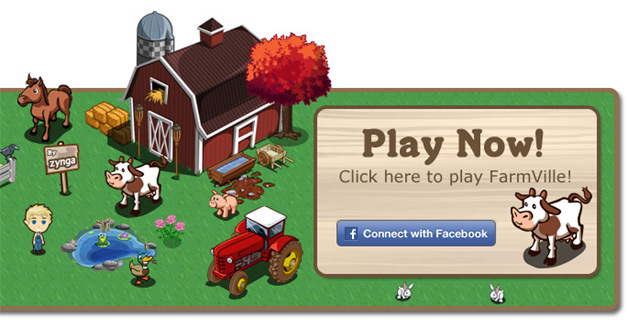 10. Google TV is Huge for Gaming
10. Google TV is Huge for Gaming
Once again, this is simply a product of the entire web being on TV. This means web games, which are becoming increasingly popular (Farmville anyone)? Google itself has made various gaming-related acquisitions, and will likely continue to do so. They also have the Chrome Web Store for web apps. Suddenly there are a lot more options than what the traditional consoles have to offer. As the web on TV becomes more of the norm, online games will only increase in quality. And of course three is the "free" factor.
11. Google TV is Huge for Communication
The TV may become a primary platform for communication, whether its through Skype, Gmail, Facebook, Twitter, or other video chat options. People are going to keep in touch with one another without having to get out of their recliners.
12. Google TV is Huge for Chrome
Chrome is doing pretty well these days. It’s got a long way to go before it achieves IE-like status, in terms of usage, but guess what browser comes with Google TV. Not only will it increase Chrome usage by default, it will get non-Chrome users accustomed to Chrome, and may in turn get them using Chrome from their computers.
 13. Google TV is Huge for Online Advertising
13. Google TV is Huge for Online Advertising
Needless to say, Google TV will instantly put online ads in front of more eyeballs more frequently.
14. Google TV is Huge for Application Development
Smartphones have done quite a bit for application development haven’t they? I wonder how many more people have TVs than smartphones. This will be huge for not only Android developers, but for developers of web apps.
15. Google TV is Huge for the Web period.
Google TV can really only help anything that is web-based for the simple fact that the web is on the TV. I realize this is not exclusive to Google TV, but Google TV, in my opinion, has the best shot at gaining real mass adoption, compared to any of its competitors. The DISH Network partnership won’t hurt either.
The biggest obstacle that could potentially impede all of this is if Google TV flops. Given all it’s got going for it, I don’t think it will though. Google was smart to take the Netflix approach in providing a platform, as opposed to a device (like competitors). Netflix uses the model of offering its service on more and more devices. This is essentially Google’s approach, and I would expect Google TV to launch for new devices much more frequently. One good thing for Netflix is that this means more Netflix-ready devices. This strategy will also allow Google to get the product in front of a wide range of audiences and price ranges.
Remember, you can’t judge the offering entirely from the initial product availability. That will grow – maybe even to a device you already own. Upon Google TV’s announcement, Sony CEO Howard Stringer was asked if consumers could expect Google TV integration with Sony Playstation. He said Sony was working with Google on one product at a time. Judging from the looks exchanged between Stringer and Google CEO Eric Schmidt, it certainly didn’t seem like the idea was ruled out.
Google is also smart to support not only Android, but iPhone as well, in terms of remote control use. This could be huge in gaining support even from Apple users.
Not convinced Google TV is that big a deal? Give us your reasons.
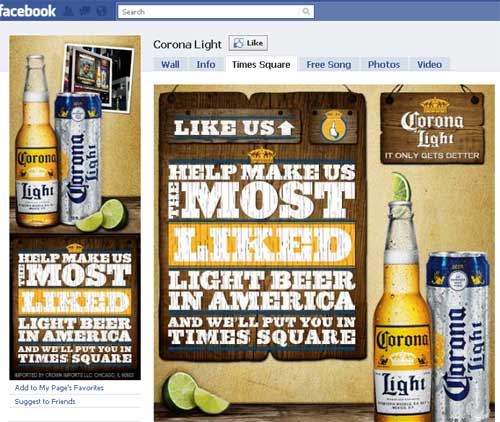
 1. Google TV is Huge for Local Business
1. Google TV is Huge for Local Business  6. Google TV is Huge for Android
6. Google TV is Huge for Android  10. Google TV is Huge for Gaming
10. Google TV is Huge for Gaming  13. Google TV is Huge for Online Advertising
13. Google TV is Huge for Online Advertising 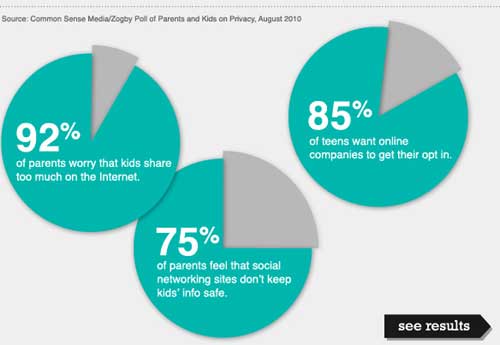

 The survey found that in the past two years, consumer awareness of online coupon sites has increased significantly, with only 11 percent of online adults stating that they did not know what a coupon website was, compared to 16 percent in 2009 and 17 percent in 2008.
The survey found that in the past two years, consumer awareness of online coupon sites has increased significantly, with only 11 percent of online adults stating that they did not know what a coupon website was, compared to 16 percent in 2009 and 17 percent in 2008. 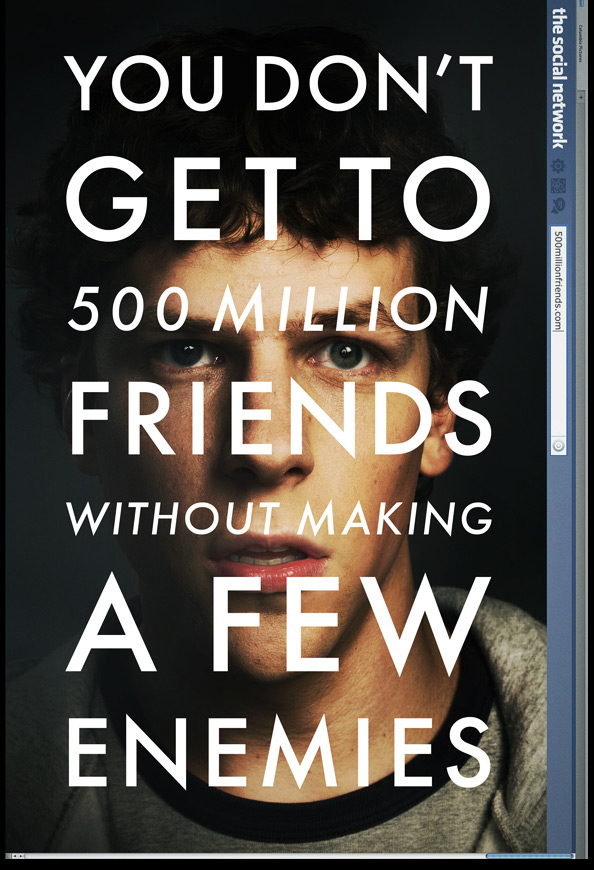

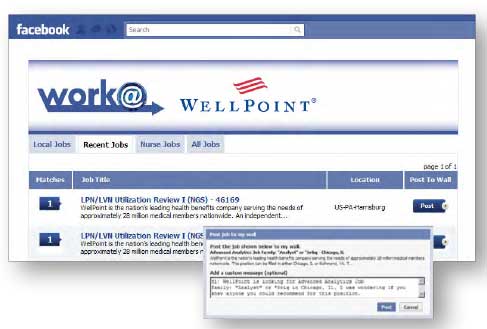

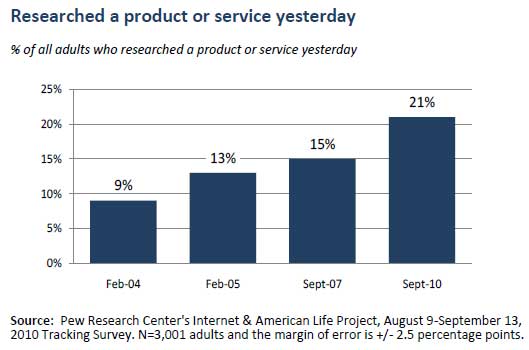




 “Social Technographics data can be used as a benchmark to help understand where certain social media approaches might work and where they might fail,” said
“Social Technographics data can be used as a benchmark to help understand where certain social media approaches might work and where they might fail,” said 